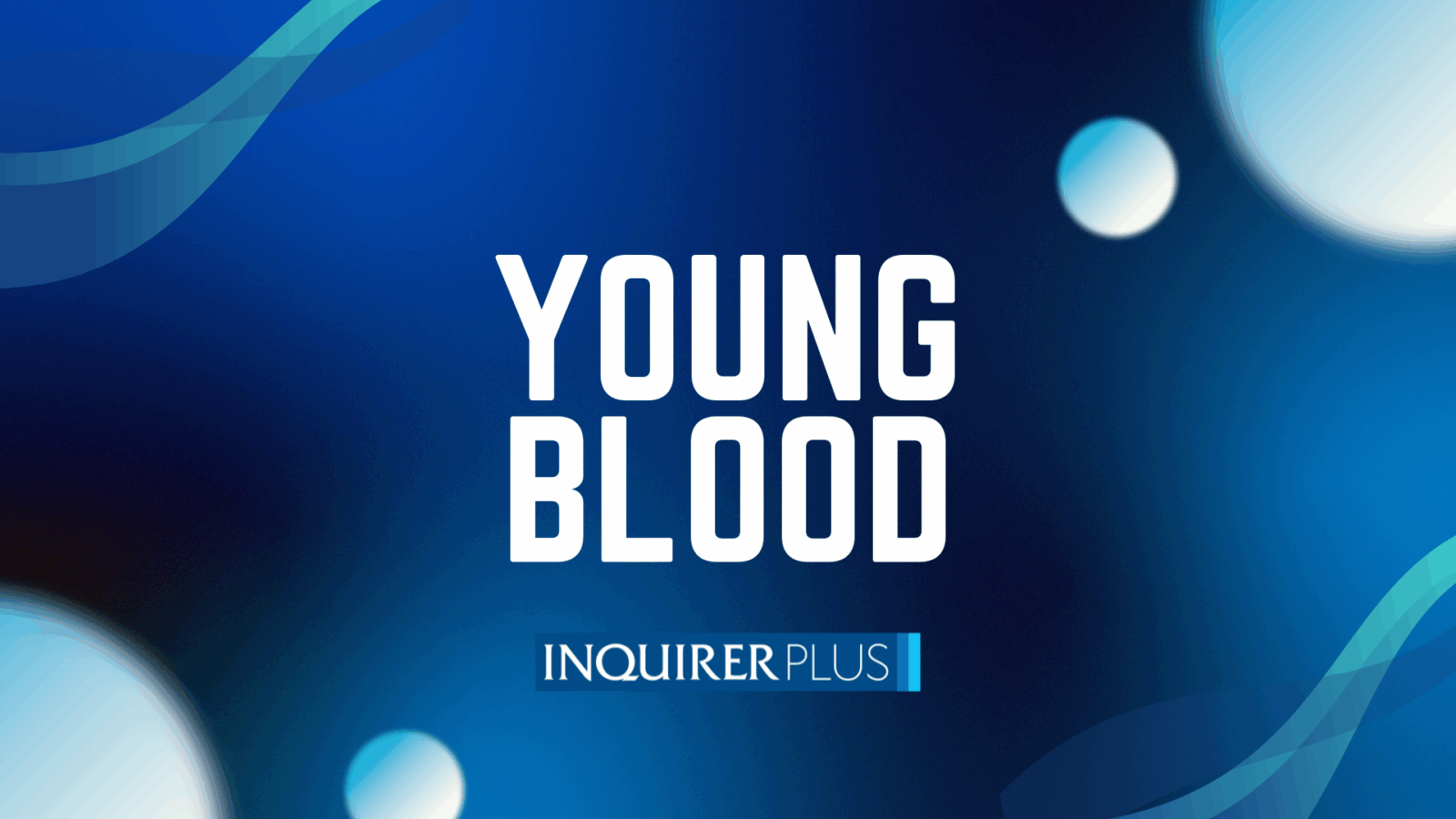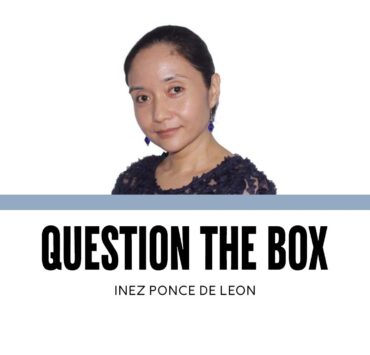Anomie

I didn’t know how often I lay in my room, alone and cold, in the middle of the summer, ruminating about how isolated I was with no safe place to go. The fan blew hot air over me, circling the tiny space I had seemingly memorized. The window remained closed, blocking me from the overwhelming light that threatened to spill over the hollow lines, as if reaching to fill the cave inside of me. Despite the heat that should’ve engulfed me as the sun rose, as its silent presence then loomed over me, I could not feel the warmth, and I simply sat on my bed unmoving.
Mechanical, rational, and agonizing thoughts clawed at my chest—overwhelming me, until loneliness gave way to emptiness. I struggled to breathe, but I memorized how to calm myself down: inhale, exhale, repeat. When I managed to calm down, the desire to be normal slowly settled painfully, and with that, the unexplainable self-pity kicked in—it was hard to accept that these were the closest access I had to my feelings, to the real me, yet it was still as vague as an unnamed thing. Perhaps this was exactly one of the reasons why I wanted to learn more about the social sciences—the discipline for so long looked at me like a mystery waiting to be unraveled. And maybe not so much of a plot-twist it was when, somehow, I landed in the sociology program at PUP Sta. Mesa.
The word “anomie” introduced itself to me in my freshman year. To Merton, anomie is the disjunction between goals and means due to structural inequality; to Durkheim, it is, at its simplest form, the breakdown of norms due to rapid social change and lack of moral regulation. The varying definitions spoke to me, that more than just a simple alienation—that word bearing the weight as if the excruciating grief of being different was my fault—I am the product of the construct of the world that I knew was quite wrong, I just didn’t have the knowledge to name it. So I held onto these six letters.
It was the closest word that could possibly explain the undesirable void that occasionally visits me without any warning. I wanted to chew it, recite it, and use it to reason out myself like a comfort, molding its form into something that I can grasp. With this knowledge, I could almost move on from everything that did me wrong in my past.
Yet as I once again drown in the darkness, the familiarity of the abyss pulling me in, it simply looks at me fall from above with indifference. I realized that I could simply not just discard and leave what made me different. I could almost visualize its face—the same face of people I knew who would repeatedly choose comfort over disturbance with or without a second thought.
For so long, interacting feels like performing, and if you ask me at the end of the day, relationships—a concept that values harmony—feel as if I am inside a bubble.
Yet inside those same fragile spaces I once occupied were a number of people who chose to be disturbed by me, reaching, like an attempt to touch, something akin to love. Those bubbles held an expectation that was meant to be shattered by my inability to be contained, and I couldn’t quite swallow the profound experience of feeling something as close to love and recognition that holds the power to define me incorrectly.
It is quite safer to mentally remain in the chamber of change, and what I made home of darkness that makes it easy to leave. Therefore, when they let me break through the bubble, when it got so uncomfortable already, they have proven that it was meant to be simply just a bubble, and to me, this feels like their noiseless abandonment of me, a slip of betrayal.
I go about my day pretending that I do not carry an invisible weight of accountability like a responsibility, but I occasionally spiral down with the same emptiness that perhaps may have only masked the piled up hatred over everything. I long to be normal, to dream so big that reality would not be able to discourage me. I want relationships and life to feel more than just a duty. I long to be the person who has no inkling of difference that takes me away from the light or makes people I want to love leave me like a pattern. I hope to be preconditioned in my system, so that no amount of unkind people who do me dirty can bring out the worst of me.
Tonight, greeting the “ber” months, as I lay in the same old room of mine, I realized I did it again. I let relationships die like they were nothing. Except this time, the light was blinding white and the room was cold, and I did not mourn nor blame myself for being too much or too little. I swallowed the consequences, and little by little, I am learning to embrace, unapologetically, who I became as a result of anomie.
—————-
Mildred de Guzman, 22, is a writer who loves sweets, garlic, and broccoli.
—————-
Send contributions to youngblood@inquirer.net

















